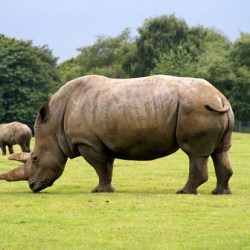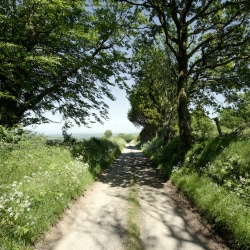Kenya Raises The Stakes In The Fight Against Poaching

In order to bolster its fight against illegal poaching, the Kenya Wildlife Service has opened a forensic laboratory. It is expected that information the lab will process should help in the prosecution of suspected poachers, whereas in the past many cases fell apart due to weak evidence. The laboratory will establish a DNA database that will have the ability to link meat and stolen ivory to specific animals.
Some species face extinction
Illegal poaching has had a devastating impact on Kenya’s wildlife population with experts worrying that some species may face extinction. The laboratory is the second of its kind on the continent with the other located in South Africa. The Kenyan Wildlife Service will make its facilities available to all countries in the East and Central African region.
Water tight cases
The laboratory comes at a cost of US$1.7 million and will be located in Nairobi with a team of 45 researchers who will be extracting DNA from samples of wild animals. KWS spokesman Paul Udoto says this information that can be used to build a water tight case against suspected poachers in court. Mr. Udoto adds that in the past prosecutors have faced the problem of proving that poachers found with meat came from a protected species. In the past suspected poachers have claimed they had either goat or cattle meat.
Information can now be compared
As a result of the lab, the evidence can now be tested and compared against the information contained in a database which will be able to prove beyond all doubt exactly which animal the meat comes from. According to KWS hunting bushmeat is resulting in some wild animals such as the hirola and sable animals becoming endangered. The lab also has the ability to sample DNA from smuggled ivory and link it to an individual animal in a specific location.
The poaching problem is acute
Mr. Udoto adds this information can be used to aid in gathering intelligence when trying to figure out exactly where poachers are operating and securing prosecutions. In the last three years, nearly 100 rhinos have been poached in Kenya and KWS is worried that without urgent intervention, the species could disappear from Kenya completely.
Convictions to serve as a deterrent
It is hoped that a greater number of convictions will serve as a deterrent to would be smugglers. Over the last few years the illegal trade in ivory has soared with a kilogram worth thousands of dollars. Much of the demand has been driven by a rapidly growing market in Asia.



